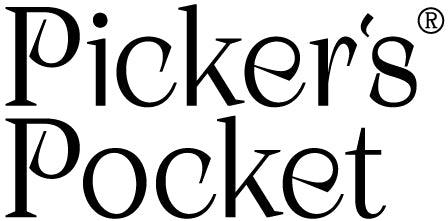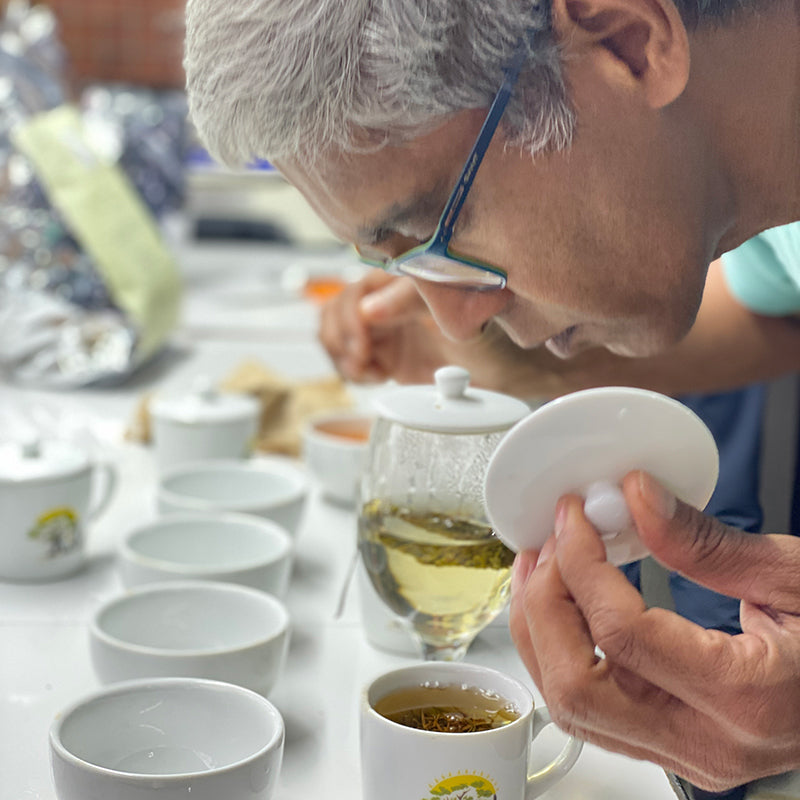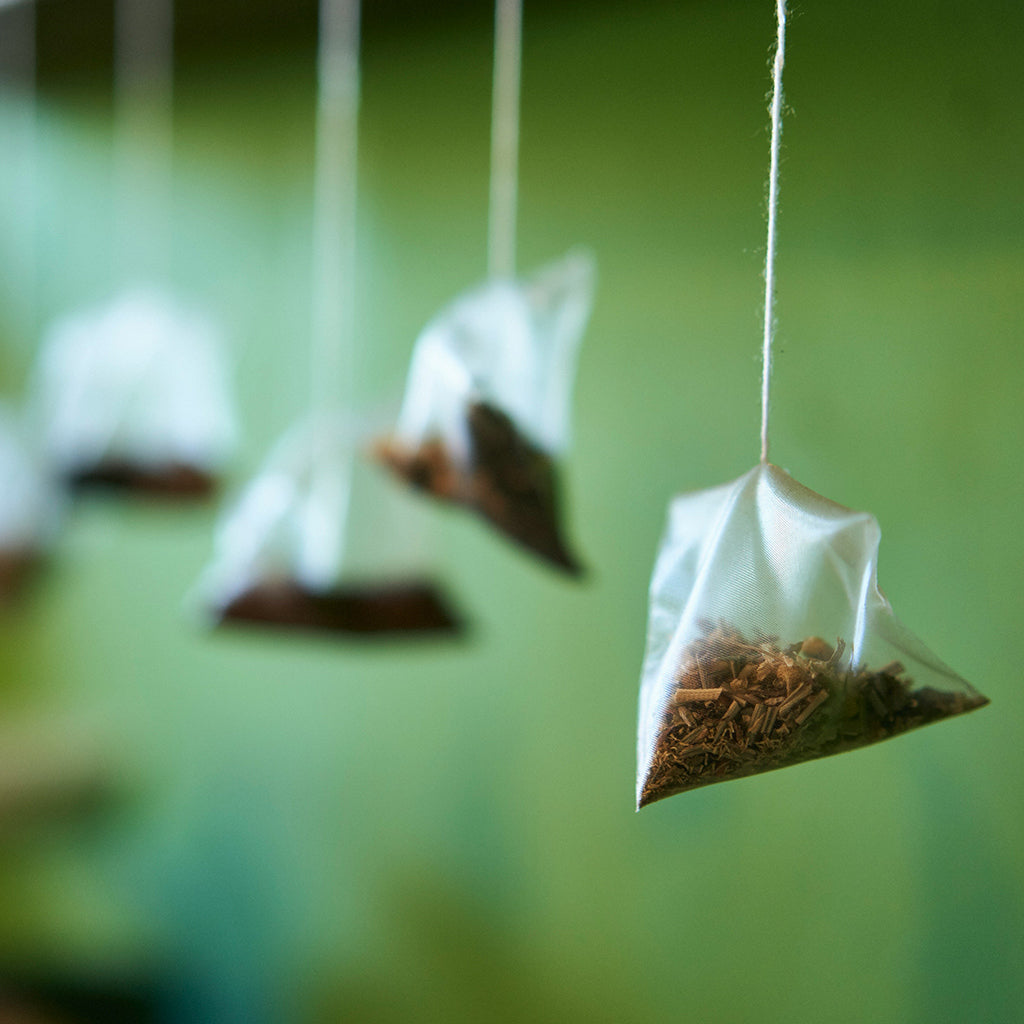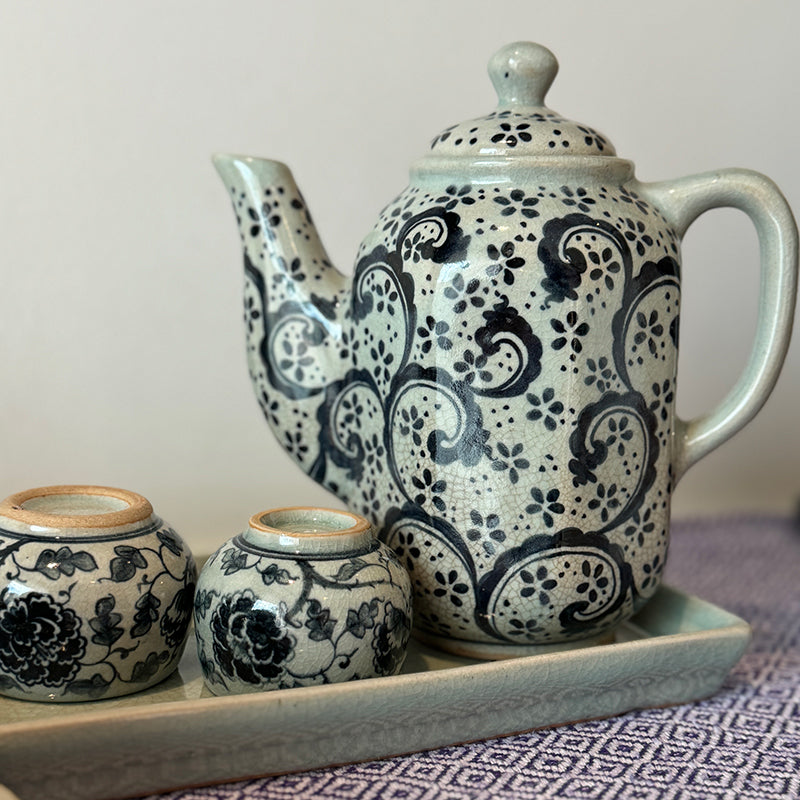AMBA Estate
Which tea region are you in?
Amba Estate is located in the Uva tea region, on the south east edge of the Sri Lankan highlands.
What unique qualities does your region bring to the tea you produce?
Uva teas are particularly famous for their subtle “wintergreen” undertones, caused by a natural silicate in the soil and by the dry winds that blow in from the east. Unfortunately, many Uva teas produced on the large estates have lost this distinctive flavour, because they are all planting the same clonal bushes and they are using fertilizers which dilute the natural soil features. At Amba, because we are organic and we plant seedling tea using seeds from our original 100-year old bushes, these distinctive Uva flavours still come through - when the former tea taster at Fortnum and Mason first tried Amba’s TGOP, he said that he almost cried, because it reminded him of the Uva teas when he first worked in the region 30 years ago.
Are there any other interesting facts or things that are unique to your brand/location?
Amba was the first estate in Sri Lanka to start hand-rolling black and green teas, more in the style of China and Japan. In China and Japan, where tea has been grown and enjoyed for generations, most tea is still made by hand in small batches, using techniques passed down through the generations. In countries like Sri Lanka and India, tea was introduced by the British as a commercial crop and all tea has always been made in factories. When we first started making teas by hand, many of our neighbours said that you cannot process tea without a factory. But at the high of the tea market (just like the trend for artisanal whiskies, beers, cheeses and so on), tea aficionados want to taste the different flavours caused by terroir, technique and so on – so Amba has been incredibly lucky that our teas have been sold and served at many of the most famous retailers and restaurants in the world – from Fortnum’s and Claridges in the UK, to Harney’s and Meadowood in the US, to Noma in Denmark, bills in Tokyo, Betjeman & Barton in France, and many more.

What is your signature tea & why?
Our signature tea is probably our Tippy Golden Orange Pekoe with Tea Flowers. This is a pure hand-rolled full-leaf black tea, mixed with the tiny white-and-yellow flowers from the Camellia Sinensis tea bush. Many tea-makers blend their tea with jasmine, roses and 101 other flowers, but as far as we know we were the first in the world to blend our black tea with the flowers from the Camellia Sinensis bush (largely because collecting the tiny flowers is so expensive). The result is an incredibly smooth tea, with heavenly honey and almond notes from the golden flowers.
Which products/ingredients are organically grown but not certified?
Amba Estate is an organic farm. We use no artificial chemicals on the farm for growing or processing any of our products, and the farm is certified as organic under EU organic regulations. However, we do not sell any of our products as organic, because in line with our mission to maximise local economic impact, we also source some of our tea leaves, lemongrass, spices and other ingredients from other small farmers in our area. Most of these farmers are de facto organic (they use no chemicals), but they cannot afford to get certification, so we cannot label our teas as organic. It is safe to say that 90% of the ingredients in Amba’s teas and spices are organic and certified as such.
Does any of your tea or ingredients come from the local villages?
90% of the flavourings in our teas and spices come from our own farm: the cinnamon, cloves, ginger, lemongrass, fennel, coriander, pepper and chili; as well as the butterfly pea flowers in our “blue tea”. However, in line with our mission, we are encouraging farmers and households in our valley to plant and supply more of these ingredients: in particular, we source more and more of our lemongrass and butterfly pea flowers from these outgrowers.
Are there any traditions/customs around who can pick tea, the best time of day for picking tea?
As with most plants, tradition says that it is best to harvest as early in the day as possible – before the leaves or fruit become dried out by the sun and wind. As such, we harvest the fine leaves for our hand-made teas between 7am and 10am. In Sri Lanka, women nearly always do the plucking (people say it is because women have more nimble fingers and they can multi-task unlike men – walking and plucking at the same time!), but this is not true everywhere – in parts of Africa and Indonesia and elsewhere, many men also so the plucking.
Can the tea plants be used in any other way for example medicine or cooking?
There is not a strong tradition of using tea for medicine in Sri Lanka; however, tea is a very important part of traditional medicine in China, Japan and parts of South East Asia. We do make a number of recipes using tea leaves at Amba, including the famous Burmese Tea Leaf Salad. One day, we also hope to build our own essential oil still – when we prune the tea bushes every 3-4 years, the mature branches and leaves are just used for mulch, but they contain tea essential oils; and we hope to extract these and use them to make our own range of tea-infused soaps, lotions and candles.
How many people do you employ and do they specialise in one part of the tea making process for example drying/plucking etc?
Amba directly employs around 40 full-time managers, supervisors and workers and regularly hires additional workers on a contract basis for construction projects, seasonal farm work and so on. Plus we source tea leaves, coffee cherries, spices, fruit and other ingredients from dozens of families in our area. We estimate that almost 100 local families now earn their primary income from Amba. when we started hand-processing our teas, we made the deliberate decision that the same ladies who pluck the teas also do the tea-rolling and processing – so that they own the whole process.
Can you tell us about any benefits offered to your employees?
In addition to basic salaries, attendance allowance, productivity allowance and overtime, we also offer a range of performance-related bonuses for each area of activity – from plucking bonuses, to fodder-collection, to fruit and vegetable harvesting-targets, etc. Most importantly, in 2008 (long before the business was breaking even) we introduced a 10% revenue share, whereby 10% of all revenues are paid as a bonus which is shared between employees, over and above their regular wages, overtime and productivity bonuses. As a result, total take-home pay for our full-time workers is now in the range of $200-$400 per month – more than ten times average incomes when we started investing at Amba. 10% of the 10% employee revenue share is set aside and deposited in a welfare-fund, which is managed by the employees. The employee committee sets criteria and allocates loans and grants to local families for weddings, funerals and emergency needs, as needed, as well making donations to other organisations when natural disasters like floods or landslides have affected communities elsewhere in Sri Lanka
Are the majority of your staff male or female?
75% female, 25% male
Do you employ equal numbers of Tamil and Sinhalese people?
Approx. 60% Sinhalese, 40% Tamil
What support do you provide to retired tea pluckers?
For all employees, we pay 15% over and above their basic salaries into the Employee Provident Fund and Employee Trust Fund – these provide all workers with a basic pension after retirement. In addition, at retirement, all employees receive a gratuity equivalent to one month’s salary for each year of service. In addition, some of our retired workers do light contract work around the estate after retirement (gardening, looking after the tea nursery, etc.), and we provide medical support in case of emergencies through the Welfare Fund.
How old is your youngest employee?
19 – a young man from our valley who is interning with us for a year, prior to going to University
How old is your oldest employee?
59 – Karuna, the Estate Manager!




